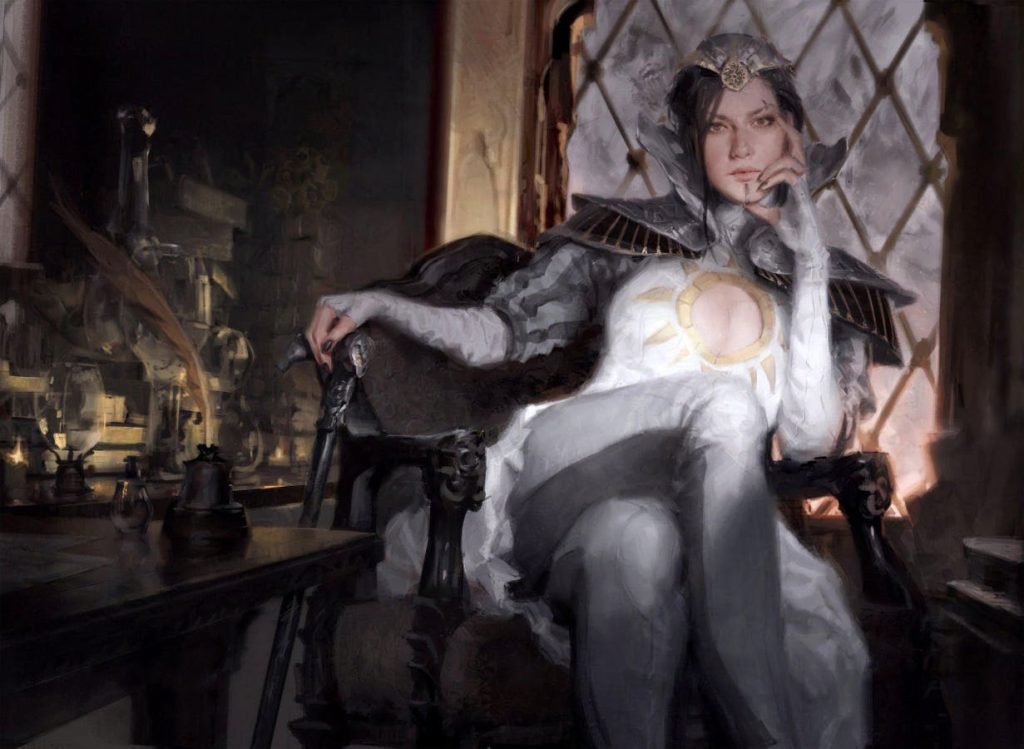Artist Karla Ortiz is leading a charge against the growing threat of generative AI technology in the art industry. She first became aware of websites using AI-generated imagery in 2022 and realized that these models were trained on images scraped from the internet without consent. Concerned about the impact on professional artists, she organized town hall meetings and eventually filed class action suits against companies behind generative AI art models. A preliminary ruling was issued in May 2023, allowing the case to move forward.
Ortiz testified before the US Senate Judiciary Committee, advocating for stricter regulation over tech companies using generative AI. In a recent interview, she discussed the impact of AI on the art industry and how it has affected her income and job opportunities. Industry associations have also recognized the threat posed by generative AI, with reports indicating potential job losses and concerns about its impact on freelance artists. Ortiz highlighted the lack of support from existing unions in addressing this issue and emphasized the need for collective action.
Despite claims that AI could benefit artists by speeding up work or assisting with revisions, Ortiz emphasized that AI is flawed and often incapable of handling certain artistic tasks. She shared her experience of witnessing job losses in the industry due to the use of AI in commercial art projects. Ortiz has been involved in developing technological countermeasures like the Nightshade tool to help protect artists’ work from unauthorized use. She stressed the importance of reclaiming artistic space online without fear of theft.
When asked about defending the use of generative AI for creative purposes, Ortiz urged people to be angry at companies exploiting artists’ work without consent. She criticized the unethical practices of these companies and called for more ethical approaches to AI utilization. Ortiz rejected the argument that AI is inevitable and emphasized the importance of addressing ethical concerns and protecting artists’ rights. She encouraged individuals to educate themselves, contact lawmakers, and make their voices heard to advocate for better practices in the industry.
Ortiz highlighted the power of collective action and urged artists and supporters to speak out against unethical practices in the industry. She emphasized the role of regulatory agencies like the FTC in holding companies accountable and pushing for change. Ortiz’s efforts to raise awareness about the threats of generative AI technology and her legal action against companies using AI without consent represent a growing movement in the art community to protect artists’ rights and livelihoods.


